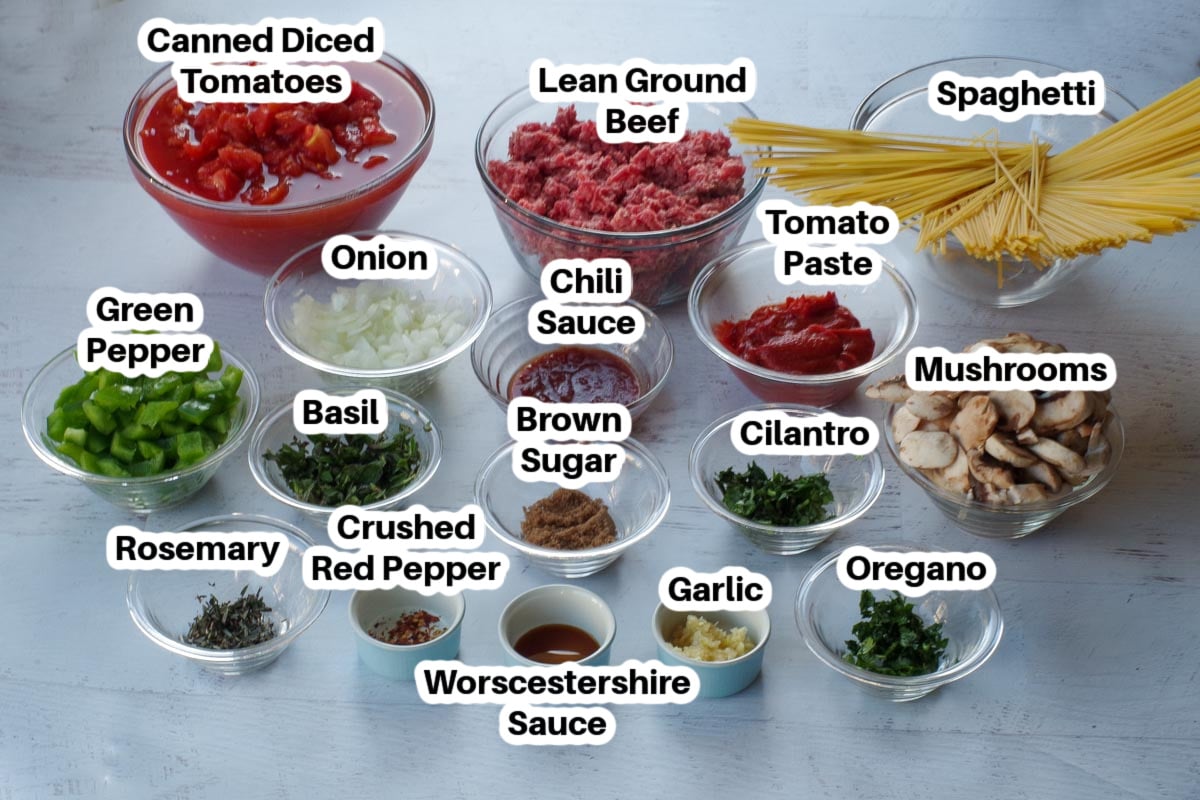Secret Ingredients: What Food Companies Don’t Want You to Know

Have you ever read the label on a food product and wondered what half of the ingredients are? The truth is that many food companies use hidden chemicals, additives, and low-quality fillers to extend shelf life, enhance flavor, and reduce costs. But what are these secret ingredients, and how do they affect our health?
Many “diet” and “sugar-free” foods contain artificial sweeteners like aspartame, saccharin, and sucralose, which have been linked to headaches, metabolic disorders, and even cancer in animal studies. These chemicals trick your brain into craving more sweets, making it harder to control sugar intake.
MSG is commonly found in fast food, soups, chips, and processed meats. While it enhances flavor, studies suggest it may cause headaches, nausea, and even neurological damage in some people. Many food companies disguise MSG under names like “yeast extract” or “hydrolyzed protein” to avoid negative publicity.
To keep food from spoiling, manufacturers add chemical preservatives such as:
BHA & BHT: Found in processed snacks and cereals, linked to cancer risks.
Sodium Nitrate: Used in processed meats, associated with increased risk of colon cancer.
Potassium Bromate: A flour additive banned in many countries due to its potential cancer risks.
Brightly colored cereals, candies, and sodas may look fun. Still, they are often made with synthetic dyes like Red 40, Yellow 5, and Blue 1, which have been linked to hyperactivity in children, allergies, and even cancer in animal studies.
Many products list “natural flavors” on their labels, but this vague term can include hundreds of chemical compounds derived from anything—including animal secretions and lab-made substances. These flavors are engineered to be addictive, encouraging people to consume more.
Many foods labeled as “low-fat,” “gluten-free,” or “high-protein” are often filled with extra sugar, unhealthy fats, and artificial ingredients to make up for lost texture or taste. For example:
Low-fat yogurt often has more sugar than a candy bar.
Gluten-free snacks may contain high levels of unhealthy starches.
“Whole grain” bread can still be packed with refined flour and preservatives.
Read ingredient lists instead of just relying on marketing claims.
Avoid foods with long ingredient lists full of chemicals.
Cook more homemade meals to control what goes into your food.
Choose organic and minimally processed foods whenever possible.
Food companies rely on secrecy and misleading labels to sell products that may be harmful. The more consumers become informed, the harder it will be for companies to avoid using harmful, hidden ingredients.
Would you still eat your favorite processed food if you knew what was in it? The answer may make you think twice before your next grocery trip.
